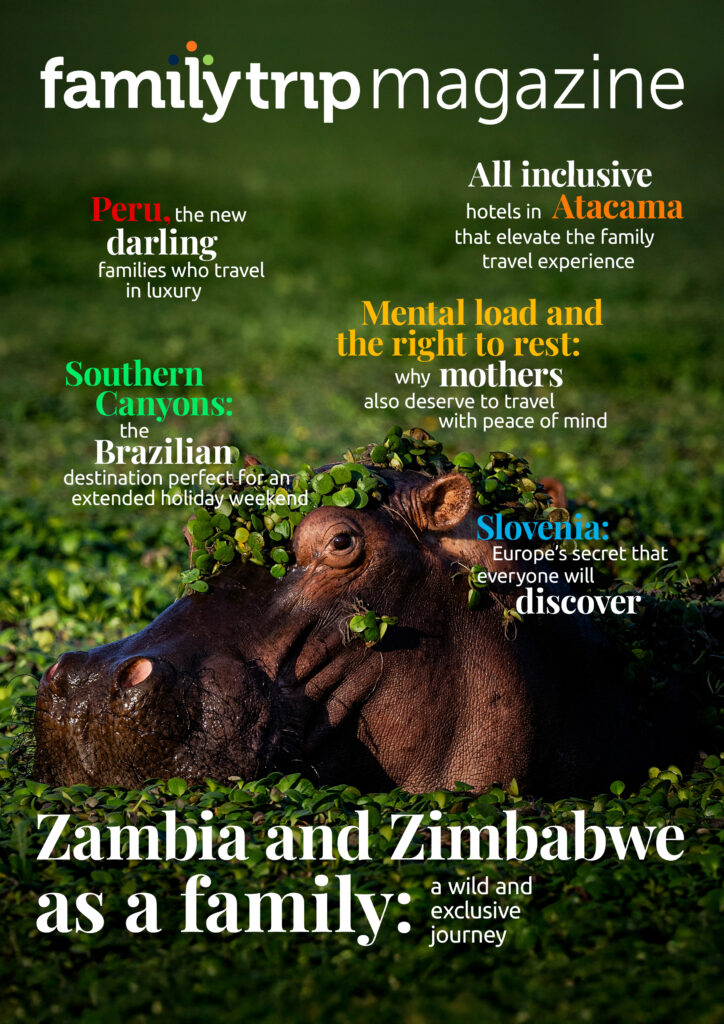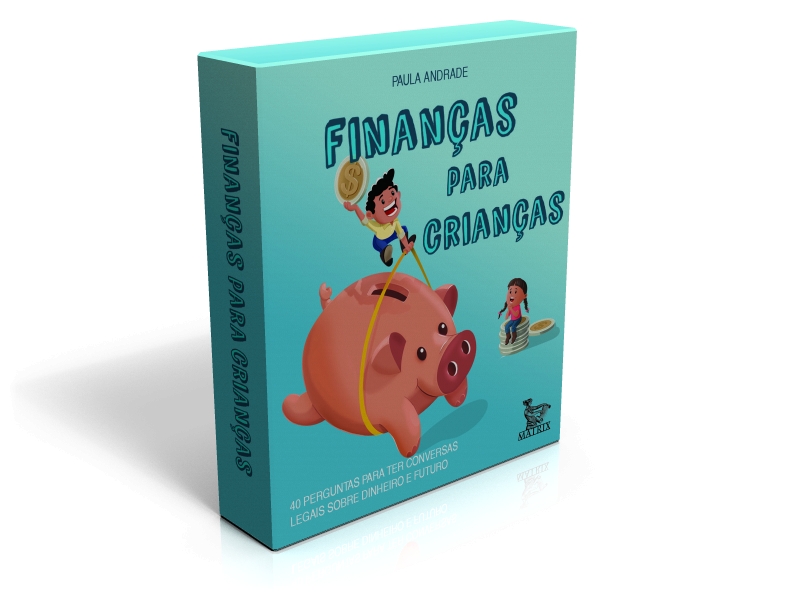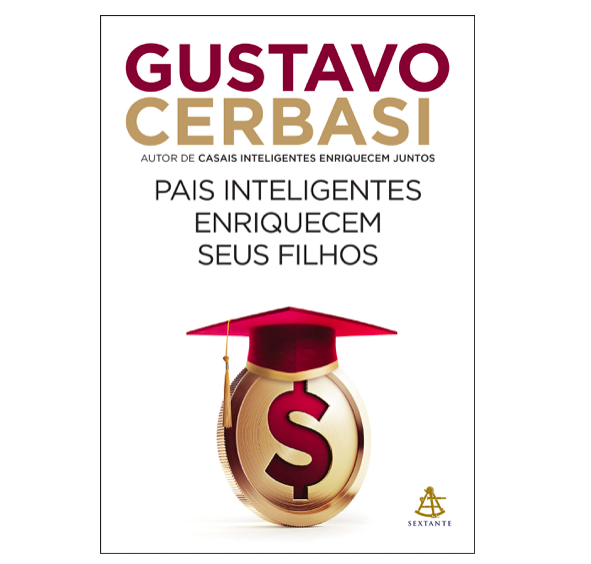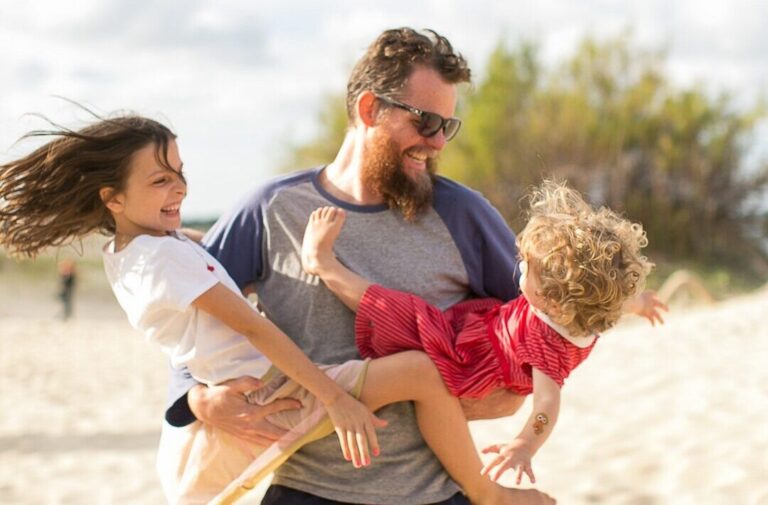
Financial education in the family can start early
Tips to help parents in this very important mission to build foundations for the financial maturity of their children
By Editorial Team
Many parents believe that money is not a subject for their children, that they should only worry about them playing and studying, imagining that just their studies will make them into successful individuals in the future. However, one of the foundations for a better future also involves financial education, which can be present in everyone’s life from an early age, including through games and having fun. It is important to teach children and teenagers not only to save, but also that they learn correctly to make choices, to prioritize and to manage money in search of a better and orderly life. By teaching a child to deal with money, the future adult will certainly have greater chances of better managing his salary and conducting and organizing his life. He will know how to save in order to buy later or at the right time, and also to economize in order to invest more. Trips and other dreams require careful planning.
One of the first steps towards financial education, taking into account the age of the child, can be the use of pocket money, as long as it is continuous and with a certain date, so that the child can plan. It is also important that the allowance does not become an instrument for punishment or bargaining; the intention is to teach the child to experience his first choices in relation to money. A good idea is to keep savings in a piggy bank, preferably transparent, in order to see and have a notion of the growth of the money.
A second step, which is more advanced and for teenagers, is to open a bank account that has a card. Several digital banks are already offering this product to those under 18. Examples are C6 Bank with the C6 Yellow; Banco Inter, with its Conta Kids; Banco Next, with NextJoy; and even Mercado Pago with the Conta Menor Idade. The advantages are the debit cards, prepaid credit cards, offers of gift cards (which is an excellent option for grandparents, uncles and godparents) and even a virtual allowance. The intention is to encourage the control of spending and the habit of investing from an early age.
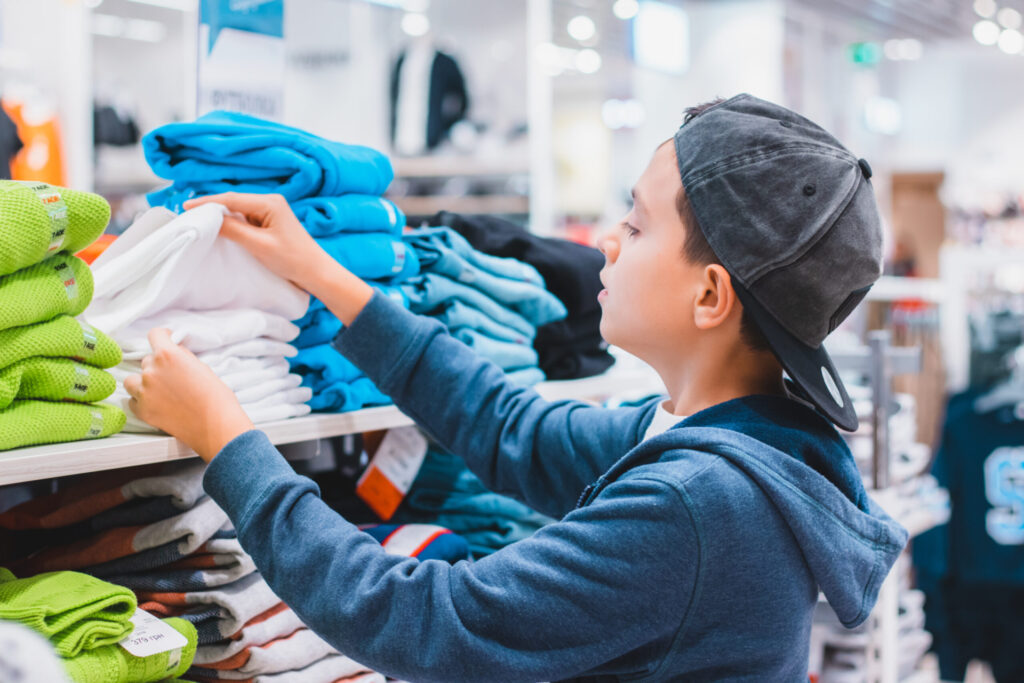
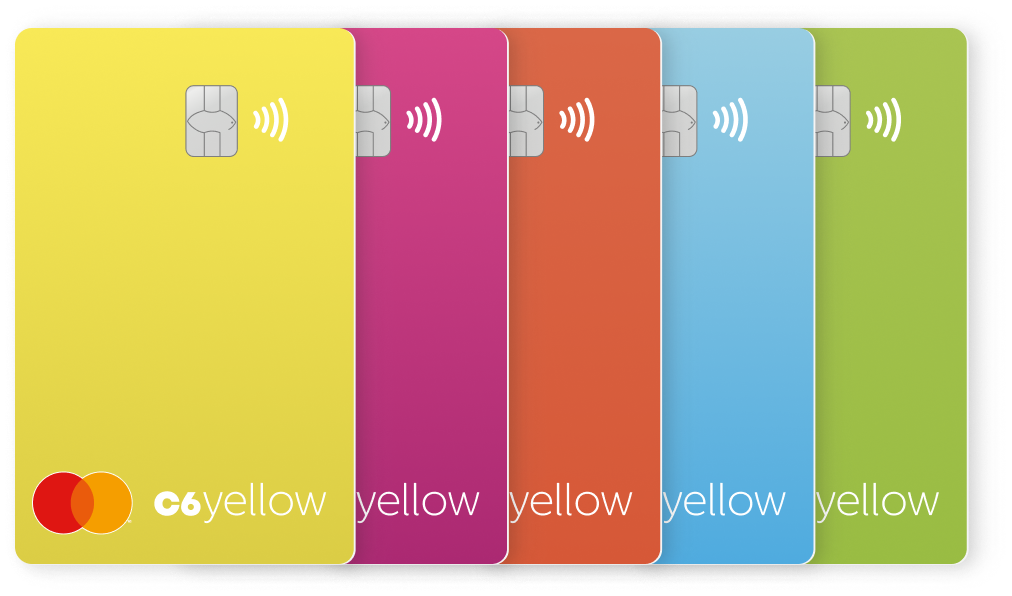
Play is also an excellent tool, which can be entertaining and informal. Who hasn’t played Monopoly or the Game of Life where we have to make choices? Financial educator, Paula Andrade, the mother of 2 boys, has also just published the book box Finanças para Crianças [Finance for Children], with 40 cards with questions that stimulate conversations about responsible income management and warnings about the dangers of consumerism. These are good instruments to play with on rainy days or to take on trips.
A more in-depth reading on the subject can be achieved from the book Pais inteligentes enriquecem seus filhos [Smart parents enrich their children], written by the economist and speaker, Gustavo Cerbasi, the father of 2 teenagers and a child and, therefore, already an expert in the art of teaching children how to deal with money. An excellent complementary reading is Dez bons conselhos de meu Pai [Ten Good Pieces of Advice by my Father], about how to seek prosperity with wisdom and not only to think in terms of money.
However, all of this is worthless if you don’t always have frank communication in the family, with shared objectives, such as a good trip, for example. A common focus makes us act as a team, where everyone has a role to play for the benefit of everybody else. Each one is responsible. In this way, we don’t need to deceive and use the infamous expression “we’ll buy it on the way back”!
Services
Things the Way Family love to pack in their suitcase:
Gate
Eletronics for the travel: smartphone, drone, câmera, charger,…
Destiny
UV clothes, bikinis, caps, diving goggles, snorkel mask and other accessories…

